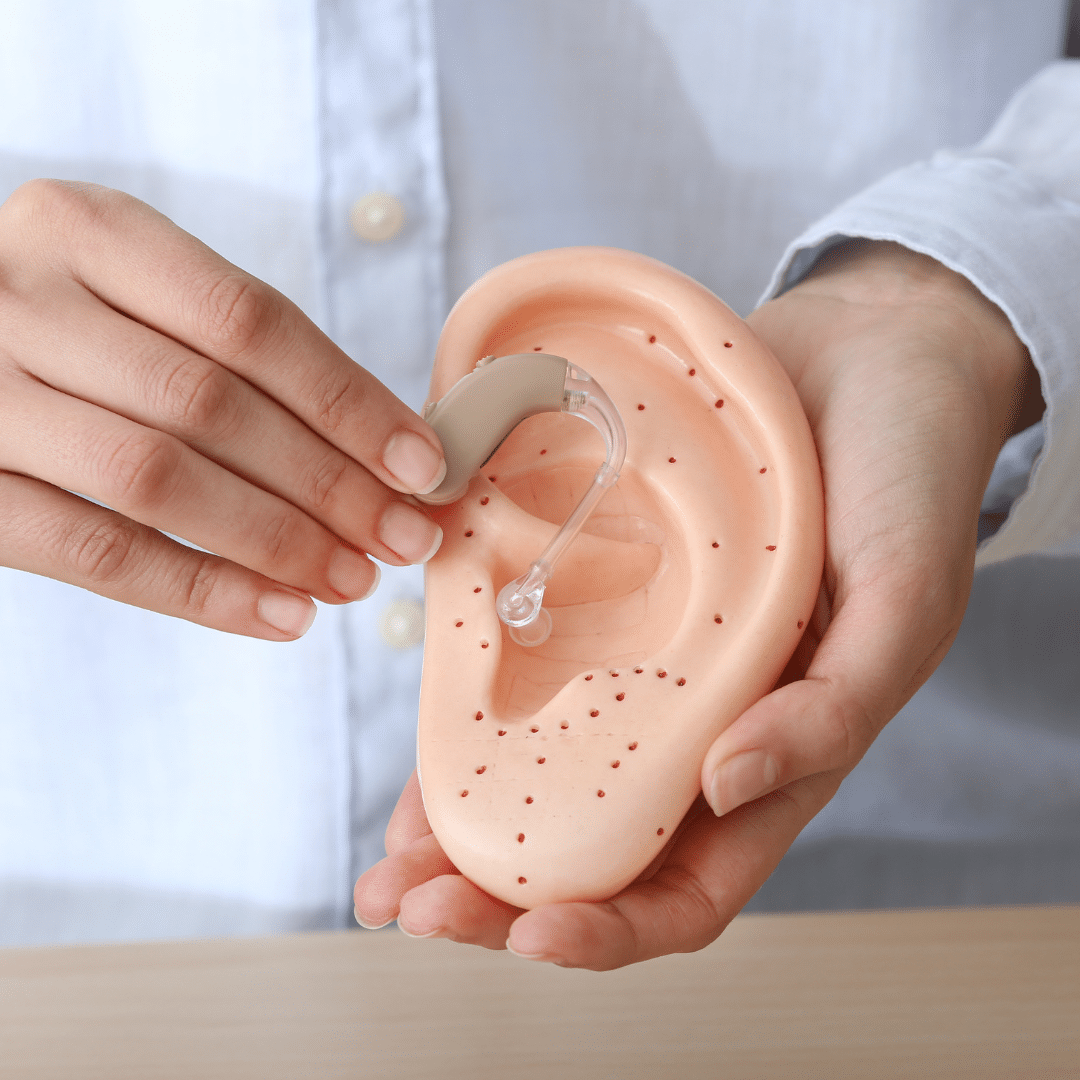Parkinson’s doesn’t just affect people physically—it can also take a toll on our emotions. We asked clinical psychologist Louise Marasco about the mental impacts of PD and how to manage.
Sometimes people with Parkinson’s spend so much time concentrating on the physical changes that occur with PD that they neglect to address the mental or emotional impacts of this disease. Stress, anxiety, depression, grief and apathy are common emotions that people with Parkinson’s may experience at diagnosis or as the disease progresses.
We recently spoke with Dr. Louise Marasco, a licensed clinical psychologist at Oregon Health & Science University about managing the impacts that Parkinson’s disease (PD) has on a person’s mental and emotional health.
Brian Grant Foundation: What are some common mental health struggles that people with Parkinson’s cope with as their disease progresses?
Louise Marasco: The most common mental health struggle I hear about is what people refer to as anxiety. Depression is certainly prevalent, though I would argue that often times it is more an issue of apathy and/or emotionality, difficulty regulating emotions, rather than clinical depression.
Another common issue—if not across every person I have met with PD—is grief. The reason grief is so prevalent is that as the disease progresses, as in any progressive disease, one loses repeatedly. It could be playing a favorite sport, cooking, driving, a career or relationship changes. It is important to gain some coping skills early to best support oneself through the stress of ongoing grief. I often encourage people to find new activities they enjoy early on that may require different skills, for example, bird watching, listening to music or looking at artwork.
BGF: What’s the difference between depression, apathy and grief in relation to Parkinson’s, and how do you treat them?
LM: Great question, and sometimes difficult to tease out. Grief is a normal, expected response to loss. People grieve when they lose loved ones, but they also grieve when they can’t work anymore, or play squash or walk without assistance. We do not exactly treat grief, but nurture, support and guide people going through this normal response.
There is no right or wrong way to grieve. There is a lot of overlap in symptoms between grief and depression. However, depression is problematic and does require treatment. It can interfere with function and ultimately worsen and impact one’s physical health. Depression is most effectively treated with a combination of psychotherapy and antidepressants.
Apathy (a lack of drive, motivation or interest) can most definitely be seen in depression. I often refer to it as one’s ignition being broken. One cannot seem to get going, but once they do, they are fine. Apathy is often seen in individuals with PD who are not actually depressed.
Treatment can vary. In psychotherapy, sometimes I encourage people to engage their partners to be their ignition. But that is an agreement with which both partners have to feel comfortable. It is essential for a qualified person with experience to help tease out grief vs. depression vs. apathy and to what degree all of these may play in one’s journey with PD.
BGF: Anxiety can be debilitating for people with Parkinson’s. Is there some sort of neurological connection between anxiety and PD?
LM: From my experience, the anxiety people with PD experience is a quite unique. I’ve heard it referred to as an “internal tremor.” Given that people seem to find relief from this symptom through use of their PD medication, I conceptualize it as a neurological symptom. It is not anxiety due to an emotional response to, or the reflection upon, having PD.
However, psychotherapy can help reduce the symptoms through helping people restructure cognitions and increase relaxation techniques (CBT). I have never been able to end anxiety completely for someone with PD, though reducing it has generally been embraced.
BGF: Where does medication factor in? Is it safe to take anti-depressants or anxiety medication along with medications for Parkinson’s?
LM: The most important consideration here is to seek medical advice regarding antidepressant intervention from a provider that is familiar with PD and with the person’s age group. Anxiety medications (anxiolytics) are often avoided in our older adults and older-older adults for a couple of reasons.
First, as people age, there are increased risk of complications (cognitive decline, balance problems, etc.) The other complication is that one can easily become habituated to these medications which means they need more and more of it to get the same effect. This all said, there is a delicate balance sometimes, and I have seen it prescribed under certain circumstances.
BGF: What advice would you have for people newly diagnosed with Parkinson’s who are just now starting to get over the shock?
LM: Exercise! In case you have not heard that from every provider you have seen yet, the most important contribution you can do for your health to slow the progression of Parkinson’s disease through exercise. Ok, now what about mental health? Yes, exercise. We know it helps the mood.
I will share another insight that people with PD have told me has been helpful. An individual just diagnosed with PD is the same person they were the day prior to the diagnosis. If one thinks of life prior to PD, one probably had a certain amount of time to think about the past, time to think about the present, and time to think about the future. In my experience, as with any progressive disease, people tend to think about the future considerably more than they did prior to the diagnosis.
In addition, one might compare life to the past more frequently. Before one knows it, the time to live in the present has been squeezed to a fraction of what it was in the past. And not only that, the thoughts about the future and past can be negative—worry, fears, concerns and a variety of additional less than settling thoughts.
My advice here would be to first understand that this is very normal and expected. Then, find ways to quiet your mind, and in that practice, you are expanding your time to be in the present which will help you cope with the challenges related to PD.
BGF: What advice would you have for care partners, and why it’s important for them to focus on their own mental health as well?
LM: Caregiving is stressful, even if one loves it. It is very easy for caregivers to neglect their needs because it appears their spouse with PD has bigger needs. First, I suggest the caregivers ask themselves what their needs are—physical, mental health, general well-being. People generally have enough life experience to know what they need to function at their best.
Sometimes people need downtime, spiritual activities or socializing; and though they are aware they need these things, they minimize them or even neglect them altogether. However, when individuals neglect their needs, they cannot be their best for their loved one. I highly suggest protecting those needs.
I would also suggest exploring a caregiver’s support group. Connecting and relating with others is a need for most humans. Giving and receiving support from others going through something similar allows for a level of relating that may not be found in other relationships.



